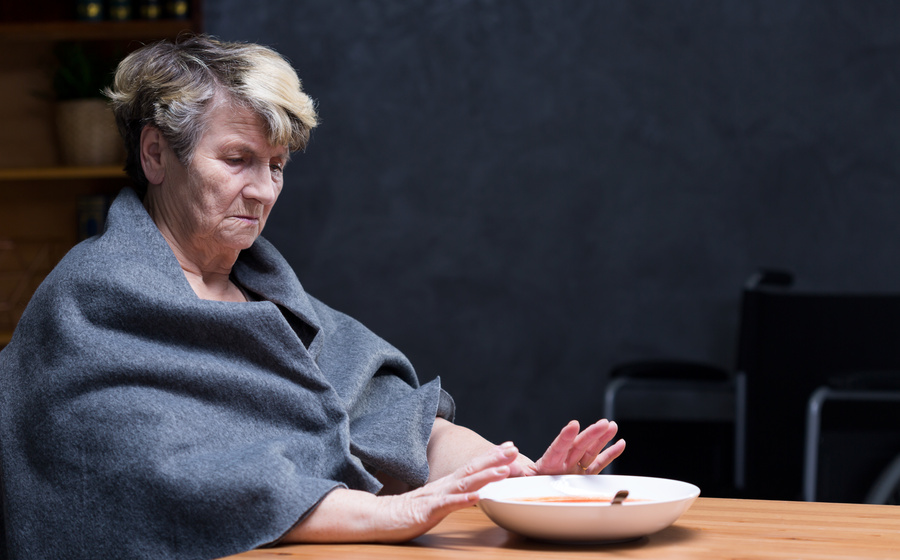We have to admit that aging comes with a lot of situations that we need to deal with. One such situation that is unavoidable is loss of taste in the elderly. This is backed up by science which has proven that taste buds start to deteriorate when we become older. When this happens, it follows that we will lose our enjoyment of food whenever we are having meals. Here is a list of things to take note of when dealing with the loss of taste as your loved ones age.
What Science Has to Say
We are born with about 9,000 taste buds. They cover the tongue and dictate the way we taste different flavors of food. The taste buds have cells that get replaced every one or two weeks. While taste buds in younger people easily heal whenever they get scalded when eating hot food, those in their 50s will find it hard to recover. Thus, the loss of taste is more apparent at these ages and up.
Are There Triggers to Loss of Taste?
Definitely yes. One factor can be poor dental health which triggers the use of dentures. When one has it, then the quality of chewing becomes affected, regardless if they are fitted properly or not. Those that do not fit well may bring about more problems than usual since food compounds cannot be easily chewed and broken up by the salivary glands. This impacts the way food gets in contact with sensory receptors found in taste buds.
Do not forget that the elderly may also have difficulty producing saliva, leading to problems. When there is less saliva to dissolve the food, the taste bud receptors may not be able to sense it. Add to this, some medications can be a common cause of loss of taste. Among them are those taken for blood pressure and cholesterol regulation.
The Risks of Loss of Taste in Adults
Loss of taste can impact one’s health. Imagine losing your taste for sweet and salty foods, which may have been the ones you love eating. This can lead you to add more sugar or salt to your food to adjust the taste of the food according to your liking. In the end, this may result in poor heart health and an increase in blood pressure. Worst of all, when you already lost your ability to taste food totally, there is a chance you won’t be eating. This means you could be losing a lot of weight, or even be malnourished in the long run.
Dealing with The Problem
There are basic things that can help deal with the loss of taste in the elderly. One of them is to have a good dental habit consisting of brushing, flossing, and using mouthwash. This will help them maintain good oral hygiene and prevent the need for dentures. To help your loved ones enjoy their food more, you can add more herbs and flavor to enhance the taste of their food.
If your loved ones live in a retirement community, they can take advantage of special dining experiences where they are served food that is fresh and nutritious at the same time. If they have special dietary requirements, the chefs may be able to accommodate their diets. In addition, when they are in the company of friends, dining becomes a social event, and this will help to increase their appetite too.







